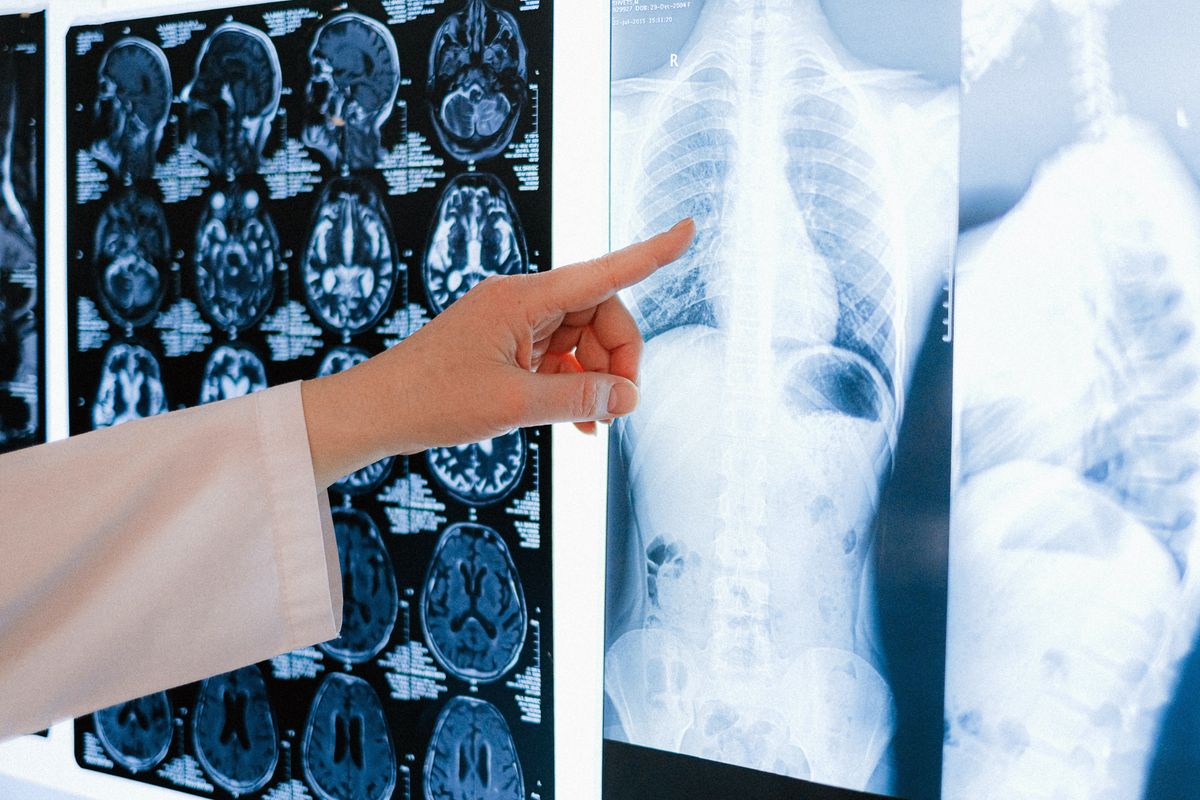The science behind breathing and memory
New research shows that our breathing patterns can impact how we form memories – for better or worse.

A few minutes every morning is all you need.
Stay up to date on the world's Headlines and Human Stories. It's fun, it's factual, it's fluff-free.
Scientists have known for a while that there are links between breathing and brain function. In the 1980s, researchers kicked up the gears of exploring the effects of breathing on all kinds of brain processes, like emotion and cognition. Because your brain cells need oxygen to work, there's a direct relationship between breathing and the functioning of your brain, which is also the organ that controls the muscles that enable your lungs to do their job.
But our breathing patterns affect how well our brains perform to a huge extent. Based on the past few decades of research, it seems that breathing rhythms determine certain patterns of brain activity. Now, though, we're finding out new information on how our breathing habits contribute to memory.
New research shows that our breathing patterns can impact how we form memories – for better or worse. The breathing control center of the brain – the medulla oblongata – directs how we breathe. A small group of neurons in the medulla oblongata called the Pre-Bötzinger Complex (PreBötC) is important in this process.
In a new study published in Nature Communications, a group of Japanese scientists made changes to the PreBötC in genetically modified mice. They noticed that if they briefly paused the mice's breathing, the animals weren't as capable of creating new, important memories during object recognition and fear conditioning tests. It looks like these breathing pauses also upset the brain's memory storage abilities when the mice were tested on memory recall. And, driving irregular breathing patterns actually made the mice's memories perform better while slowing that breathing down made them worse.
These scientists have tested the effect of breathing on memory before, discovering that human volunteers asked to breathe in (instead of out) during a memory test had weaker memory recall abilities. The scientists think that this is because inhaling interrupts how we process info.
"The determination of detailed roles of respiration and molecular mechanisms in the brain is a subject to future research to understand effects of stress tolerance," explains neuroscientist Nozomu Nakamura from Hyogo Medical University in Japan. "The way of breathing manipulation and application of breathing exercises will be crucial for treatment and therapy of depression and neuropsychiatric disorders."




Comments ()